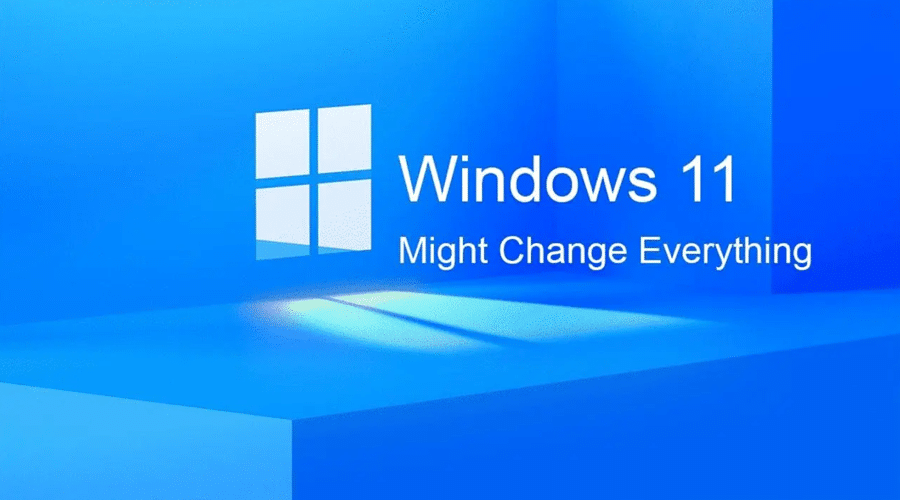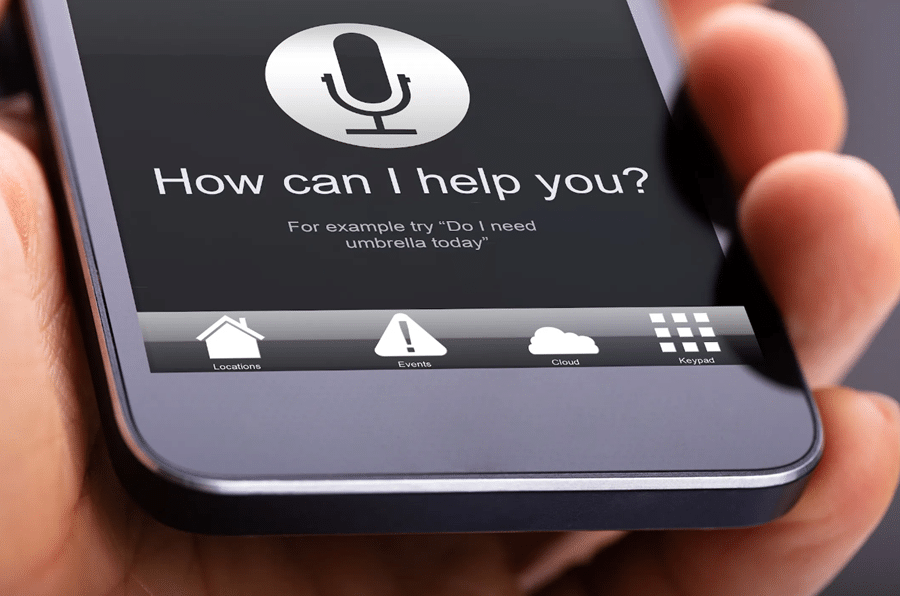It’s no secret that technology has taken everyone’s lives these days. People rely on it for everything, from communicating with friends and family to working and shopping. But what happens when technology starts to replace your face-to-face interactions? Some argue that technology is making people less social, as they spend more time interacting with screens than people. But is there truth behind that? Well, this post will take a closer look at the different ways technology affects social interaction.
Contents
- 1 The Ways Technology Has Changed The Human Experience
- 2 Ways Technology Is Making People Less Social
- 3 Social Media Creates An Echo Chamber
- 4 Texting Damages Conversation Skills
- 5 Video Meetings Make It Harder To Pick On On Social Cues
- 6 Constant Information Has Made Attention Span Shorter
- 7 Understand The Ways Technology Is Making People Less Social!
The Ways Technology Has Changed The Human Experience

It’s hard to believe that people didn’t have the internet only a few decades ago, let alone the vast array of connected devices people rely on today. It’s even harder to imagine what life was like before computers, smartphones, and other digital technologies became ubiquitous. But as humans become increasingly reliant on technology, it has also begun to change how people think, learn, and communicate. For better or for worse, technology has had a profound impact on the human experience.
One of the most obvious ways technology has changed people is how they communicate. Instead of meeting face-to-face or even talking on the phone, you can now instantly connect with anyone in the world through text, video chat, or social media. While this has made staying in touch with friends and family easier, it has also led to a decrease in face-to-face interactions.
In addition, technology has transformed the way you access information. You no longer need to go to the library or wait for news to be delivered to your doorstep. Instead, you can now get real-time updates from around the globe with just a few clicks.
But as convenient as these changes may be, they’ve also had some unintended consequences. For example, constant access to information and social media has made people more impatient and less likely to focus on one thing for an extended period. In addition, studies have shown that excessive screen time can lead to sleep problems, anxiety, and depression. So as you continue to grapple with the ever-changing landscape of technology, it’s important to be aware of its benefits and potential downside so that you can use it in a way that enhances your life rather than detract from it.
Ways Technology Is Making People Less Social
As the previous section pointed out, technology has changed how people communicate and access information. But it has also had several other impacts, some of which may make people less social. Let’s take a look at a few of these now:
Social Media Creates An Echo Chamber

In recent years, social media has become an increasingly popular way to stay connected with friends and family. However, some experts believe that social media may be having a negative effect on the way we interact with others. Specifically, they argue that social media creates an “echo chamber” that reinforces your beliefs and makes you less likely to engage with people with different opinions. As a result, you may be less likely to have meaningful conversations or relationships with people different from you.
In a world where you are already becoming more polarized, this could have harmful consequences for how people interact. While social media can be a great way to stay in touch, it’s important to be aware of the potential downside of spending too much time in your own little echo chambers.
Texting Damages Conversation Skills

In the modern world, it’s become increasingly easy to avoid face-to-face interaction. With the popularity of text messaging and social media, you can communicate with others without ever having to see them in person. While this may be convenient, it’s also detrimental to the ability to hold a conversation. Because people are used to communicating in brief snippets, they have lost the ability to engage in an extended back-and-forth discussion.
Therefore, they’re less likely to talk to people they don’t know, and they may have difficulty understanding those who do not share a similar background. Therefore, to improve your social skills, you must take the time to have face-to-face conversations with others. This way, you can learn to express yourself more clearly and connect with others on a deeper level.
Video Meetings Make It Harder To Pick On On Social Cues

Especially over the last couple of years, video meetings have become a staple of both work and social life. While they offer many benefits, such as convenience and flexibility, they also have drawbacks. One of the biggest problems with video meetings is making it harder to pick up on social cues. This can make people feel less socially engaged and isolated from those around them.
Studies have shown that people are more likely to feel empathy and compassion when they are physically present with someone instead of communicating with them remotely. This is because you can pick up on subtle cues from facial expressions and body language that you would miss through a video call. When you can’t see these cues, you are less likely to respond with the same level of empathy.
So, while video meetings have their place, they also have the potential to make you feel more socially isolated from those you are trying to connect with. If you’re not careful, this isolation can lead to feelings of loneliness and anxiety. Therefore, it’s important to make an effort to stay connected with your loved ones and colleagues in person as much as possible to avoid this.
Constant Information Has Made Attention Span Shorter

In a world where you are constantly bombarded with information, it is no wonder that attention spans have become shorter. For example, it has been estimated that the average attention span decreased from 12 seconds in 2000 to 8 seconds in 2015. With such a limited amount of time to process information, it is no wonder that people have become less social. After all, why bother engaging with others when you can scroll through your social media feed and get all the information you need?
However, there are some considerable negatives to this increased reliance on technology. For one, it can lead to feelings of isolation from those you love. When you constantly look at your phone or computer screen, you are not really present in the moment. You are not truly engaging with the people around you. Additionally, this constant need for information can also be overwhelming and stressful. There is always something new to look at, and keeping up with the never-ending stream of information can be challenging. As a result, people are increasingly finding themselves feeling anxious and overwhelmed.
And simply put, the more time you spend in the endless sea of online stimulation and information, the less time you have to be social. So take a break from your phone and go out and talk to people! You may be surprised at how much more enjoyable it is than scrolling through your newsfeed.
Understand The Ways Technology Is Making People Less Social!
Technology has had an impact on social skills. In many ways, it has made people less social. However, there are ways to combat this. If you try to engage in face-to-face conversation and connect with others on a deeper level, you can improve your social skills. Additionally, try to limit the time spent on your phone or computer. This will help you to be more present in the moment and less reliant on technology. Finally, remember that it is crucial to balance online and offline interactions. Too much of either can lead to problems. So go out there and talk to people!


